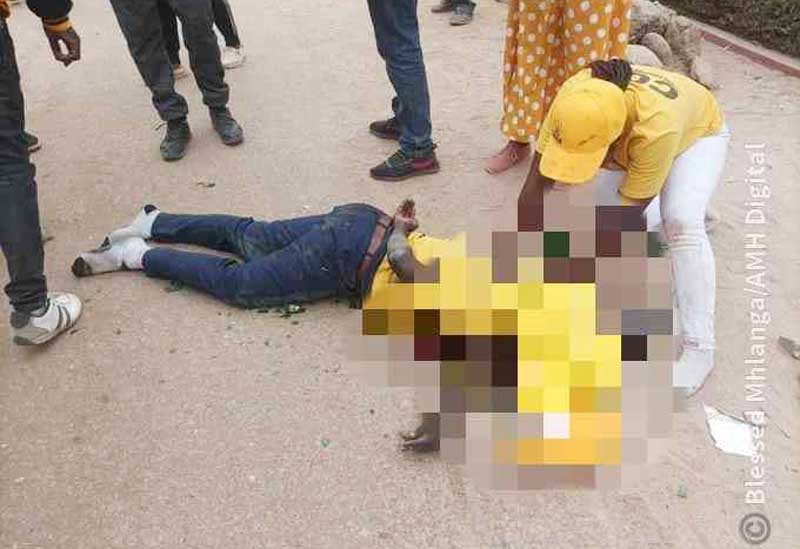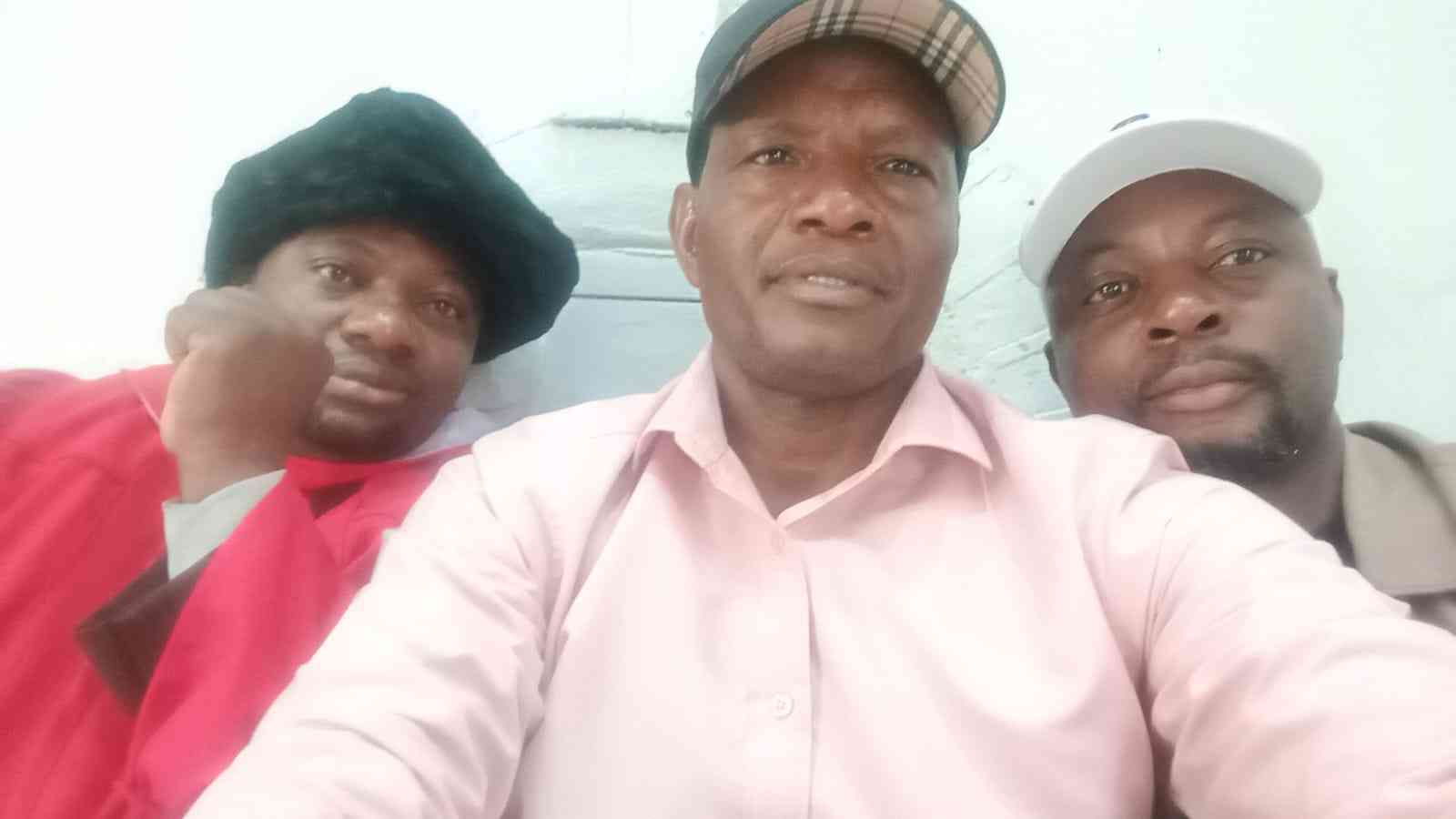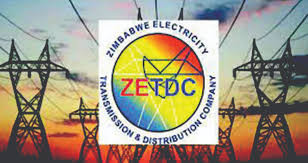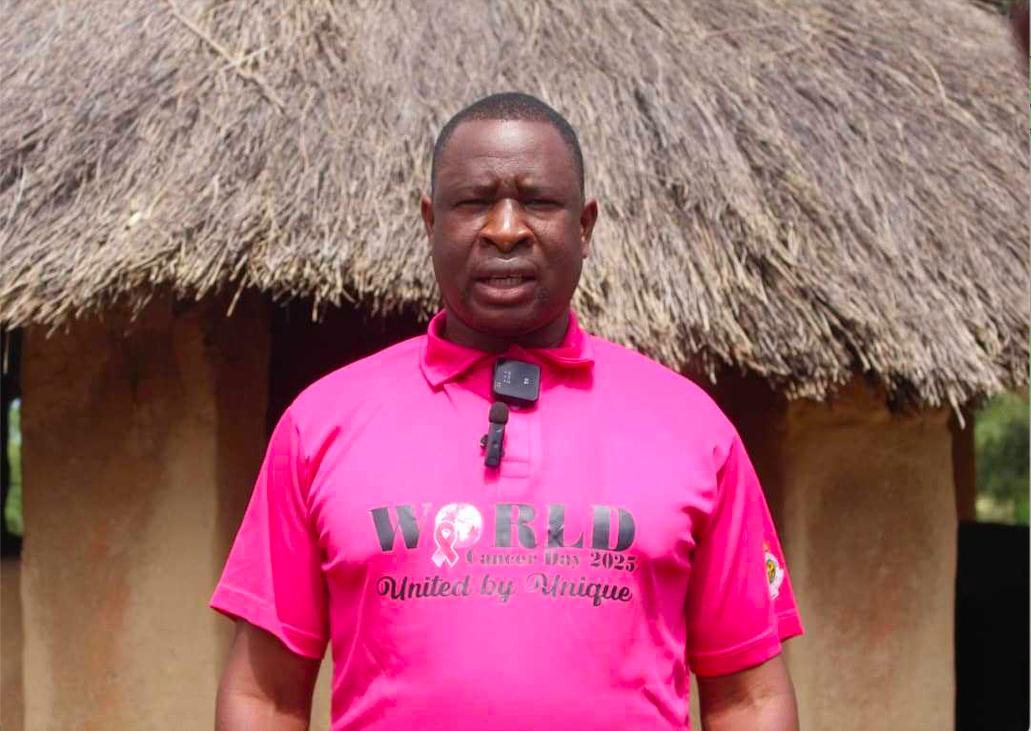
Zimbabwe has a history of disputed elections since independence from British in 1980, and the run-up to the August 23 polls is proving to be no different.
Analysts say the country, ironically born out of the need to attain ‘one man one vote,’ is yet to hold an election that is free, fair and credible, post-independence.
The historical 1980 polls, which saw the late president Robert Mugabe's Zanu PF emerge victorious were disputed.
The late vice president Joshua Nkomo in his memoirs, The Story of My Life, said the 1980 polls were rigged.
Nkomo accused Zanu PF of deploying militias to intimidate his Zapu supporters.
After winning the first post-independence elections, Mugabe started a disinformation campaign against his erstwhile partner during the struggle.
Both Zapu and Zanu had military wings and fought on different fronts with a shared goal of freeing Zimbabwe from white minority rule.
The sense of unity did not last.
- Ziyambi’s Gukurahundi remarks revealing
- Giles Mutsekwa was a tough campaigner
- New law answers exhumations and reburials question in Zim
- Abducted tourists remembered
Keep Reading
Mugabe accused Nkomo of destabilising the country and mobilising dissidents to topple his government.
He publicly declared that the “dissident party and its dissident father” deserved total destruction.
What followed was Gukurahundi targetting Zapu and Nkomo’s supporters in Matabeleland and Midlands.
In 1985, Mugabe was re-elected with an increased majority, but the polls were characterised by violence against the opposition.
The late Nkomo was not allowed to campaign freely with the then Zanu PF loyalists sabotaging his campaign rallies.
At one point in history, Nkomo was forced to flee the southern city of Masvingo after pro-Mugabe demonstrators stoned his bulletproof car.
The 1990 general election was again disputed despite the polls being the first to be contested under the amended 1987 constitution.
Mugabe's regime and his Zanu PF party were accused of using paramilitary organisations to intimidate the opposition.
According to Lloyd Sachikonye's journal article titled: The 1990 Zimbabwe Elections: A Post-Mortem, Mugabe's party launched a violent campaign against the opposition.
The 1996 general election again was disputed with Mugabe winning 90% of the vote.
The late Zanu Ndonga leader Ndabaningi Sithole and Abel Muzorewa of the United African National Council, also late, withdrew from the presidential race despite their names remaining on the ballot paper.
Muzorewa pulled out after the Supreme Court turned down his bid to postpone the elections citing an unfair electoral field.
Sithole was under virtual house arrest on trumped-up charges of attempting to assassinate Mugabe.
In the 2002 polls, Mugabe won claiming 56,2% of the vote, but critics and the opposition said they were not free, fair and credible.
The late opposition MDC leader, Morgan Tsvangirai, rejected the results and called for a new vote to be held under close international supervision.
In 2008, Tsvangirai won the presidential vote with 47.9% against Mugabe’s 43.2%, necessitating a run-off.
Tsvangirai withdrew from the race after at least 200 of his supporters were killed, and thousands others displaced in widespread violence.
In 2013, Zimbabwe held elections under a new constitution but they were again disputed.
Zimbabwe Electoral Commission (Zec) commissioner, Mkhululi Nyathi, resigned on the day of the elections citing the unprofessional manner in which the elections were run.
Despite the 2018 elections being held under the so-called new dispensation following a military coup that overthrew Mugabe from power, replacing him with then ousted vice president Emmerson Mnangagwa, they were contested.
Citizens Coalition for Change (CCC) leader, Nelson Chamisa, accused Mnangagwa of rigging the polls and appealed at the Constitutional Court.
The ConCourt, however, ruled in Mnangagwa’s favour.
Chamisa’s claims were reinforced by ex-cabinet minister Jonathan Moyo’s exposè book Excelgate: How Zimbabwe’s 2018 Presidential Election Was Stolen.
Moyo fleshed out the anatomy of electoral fraud and force that were deployed by the Joint Operations Command (JOC) using state institutions and individuals that worked in its political captivity and command.
In assessing the 2018 elections, European Union Election Observation Mission deputy chief observer, Mark Stephens, said the plebiscite did not meet international standards.
With less than 17 days to go, this year's elections have already shown signs that they will be disputed amid rising cases of political violence against the opposition.
Last week, suspected Zanu-PF supporters stoned Chamisa’s convoy in Mutasa.
The CCC leader has also had many of his rallies banned.
On the administration side, a group of data analysts Team Pachedu have been exposing a plethora of anomalies in the voters’ roll.
Team Pachedu has picked up over a thousand fake national identity cards on the roll, sparking rigging fears.
Zec has been accused of adding 869 more polling stations from the initial 11,501 it published on July 2.
The electoral management body has also not published polling station codes.
Lawyer and CCC top official, Tendai Biti said Zimbabwe is heading towards the ‘most manipulated election in the history of elections in this country’.
“The voters’ roll is a crime scene, courts are being used to determine contestants, the media is unfree, rallies are banned, traditional leaders and food inputs are weaponized, and violence and intimidation exist,” Biti said.
“Polling stations are manipulated, postal voting is opaque, servers and data capture are oblique, and a creature called Forever Associates of Zimbabwe (FAZ) is on a rampage.”
FAZ, a Zanu PF affiliate group with links to the Central Intelligence Organisation (CIO), is running Zanu PF campaigns assisted by Heritage Trust, another shadowy group with army links.
“The election does not meet regional and international norms. It is an absolute charade,” Biti said.
A professor of World Politics at the University of London’s School of Oriental and African Studies Stephen Chan also said the election outcome will be disputed.
“The opposition has already compiled a long list of irregularities which, in the first instance, is being shared widely internationally,” Chan told The Standard.
“If the opposition, despite all, wins the elections, and Zanu PF appeals to the courts, those are the very courts the CCC has accused of having been stacked with Zanu PF people.
“So this is likely, one way or another, to be a messy election with messy outcomes."
Political analyst, Vivid Gwede said the polls face a severe credibility test.
“The elections are facing serious credibility challenges, especially considering the timelines and the fact that some of the expected reforms have not been implemented,” Gwde said.
“The ballot papers have not been finalized with a few days to polling.
“We have also seen a slow accumulation of cases of political violence and intimidation."
Last week, a CCC supporter Tinashe Chitsunge was killed after rampaging Zanu PF supporters thwarted the party’s planned rally in Harare’s Glen Norah suburb.
Police say they have since arrested 10 people as of last week Friday. Political analyst, Effie Ncube said it was a foregone conclusion that the elections will not be free and fair.
“The question will be how will the political leadership handle it in order to prevent a wider and deeper economic crisis,” Ncube said.
“We are sleep-walking towards yet another contested plebiscite and this around Zimbabweans would hope that our leaders have the mental tools and capacity to handle it in the best interests of the country."
In a new report, Human Rights Watch said Zimbabwe’s elections will be held under a “seriously flawed electoral process” that does not meet global standards for freedom and fairness.









